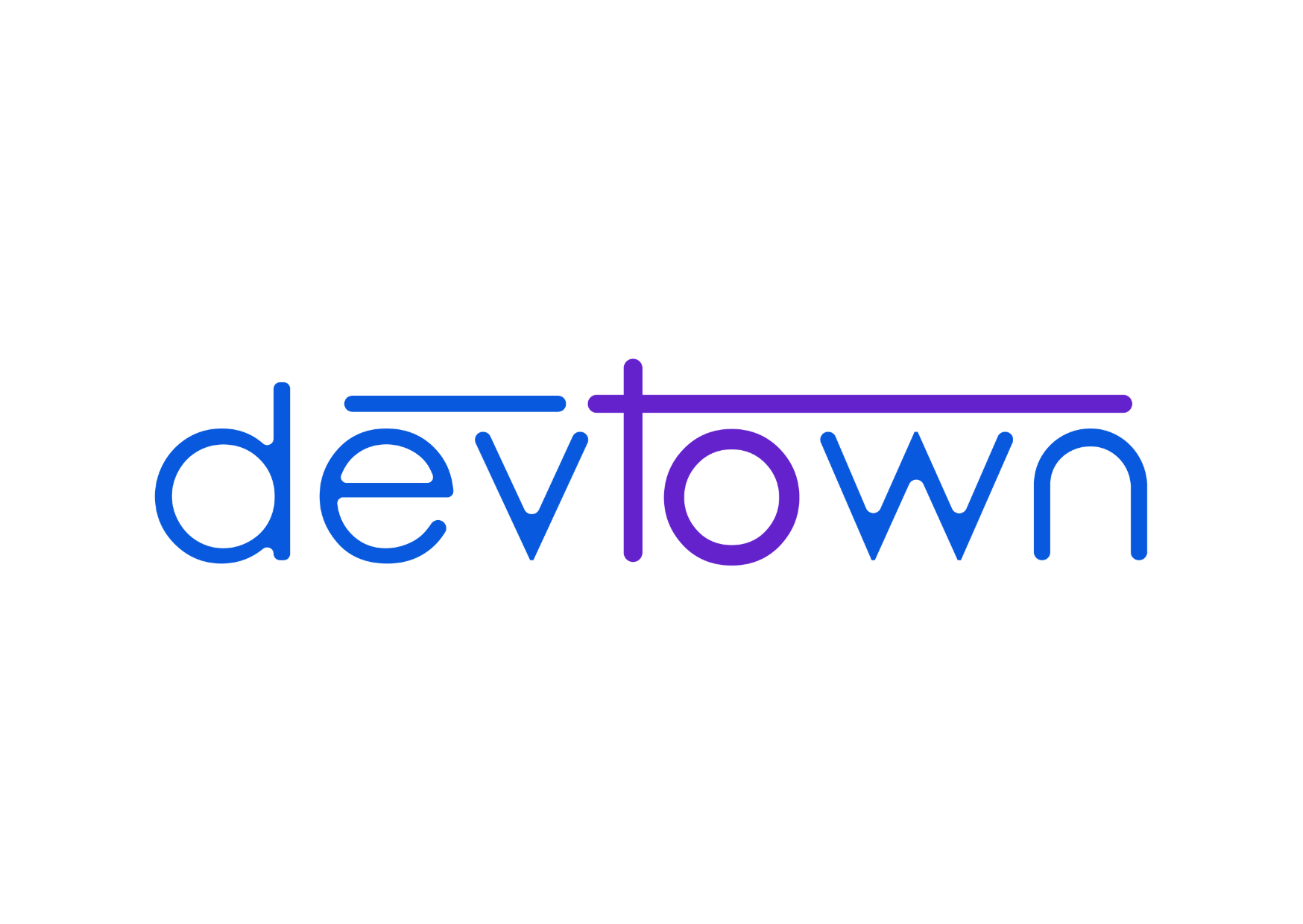Java Data Types
Introduction:
Data types are the kind of data that variables hold in a programming language. A data type is an attribute of data that tells the compiler or interpreter how the programmer plan to use the data. There are two types of data types in Java:
- Primitive data types ( intrinsic or built-in types )
- Non-primitive data types (derived types )
Data types
1. Primitive Data Types :
Primitive types are predefined (already defined) in Java. A primitive type starts with a lowercase letter. The primitive data types include char, byte, short, int, long, boolean, float, and double.
char :
The char data type is used to store a single character. The character must be surrounded by single quotes.
byte:
The byte data type can store whole numbers from -128 to 127. This can be used instead of int or other integer types to save memory.
short:
The short data type can store whole numbers from -32768 to 32767.
int:
The int data type is the preferred data type when we create variables with a numeric value. The int data type can store whole numbers from -2147483648 to 2147483647.
long:
The long data type can store whole numbers from -9223372036854775808 to 9223372036854775807. This is used when int is not large enough to store the value. Note that you should end the value with an "L".
boolean:
A boolean data type is declared with the boolean keyword and can only take the values true or false.
float:
The float data type can store fractional numbers from 3.4e−038 to 3.4e+038. Note that you should end the value with an "f".
double:
The double data type can store fractional numbers from 1.7e−308 to 1.7e+308. Note that you should end the value with a "d".
2. Non-Primitive Data Types
Non-primitive types are created by the programmer. non-primitive types start with an uppercase letter. The non-primitive data types include Classes, Interface, Strings, and Arrays.
Classes:
A class is a group of objects which have common properties. It is a user-defined data type with a template that serves to define its properties. To create a class, use the keyword class. Let's learn the class in detail in upcoming chapters.
Interfaces:
The interface keyword to create an interface. An interface is slightly different from the class. It contains only ****constants and method declarations.
Strings:
The String data type is used to store a sequence of characters (text). String values must be surrounded by double quotes.
Arrays:
Arrays are used to store multiple values in a single variable, instead of declaring separate variables for each value. To declare an array, define the variable type with square brackets.



